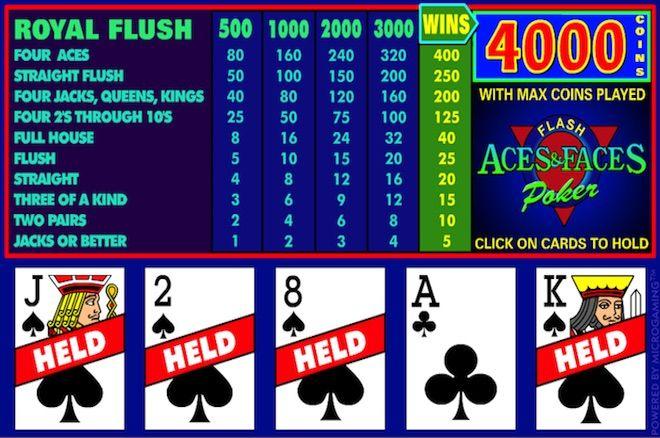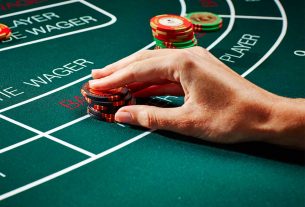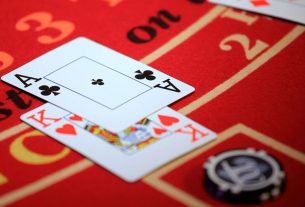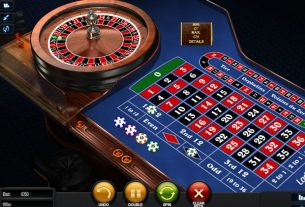The objective of blackjack is to acquire a hand where the total score of the cards comes closest to 21 without going over, or “busting”. Each of the cards is worth their face value, picture cards are worth ten points, and aces are worth either one or eleven. If eleven forces the player to bust, then aces are worth only one point. The player has to have a hand with a higher total than the dealer’s hand without exceeding 21. All these intricacies and strategies make the game even more interesting and with 사설토토 you can easily master all these in no time.
The dealer passes out two cards to each player and to himself. One of the dealer’s cards is dealt facedown; the other, face up. The card that sits facedown is called the ‘hole’ card. If the dealer’s face-up card is a ten-value card (ten, jack, queen, or king), or an ace, the dealer must check his hole card to determine if he has a blackjack. A “natural” blackjack is a hand that holds two cards that amount to twenty-one (an ace and a ten-value card). If the dealer has a natural blackjack, each player who does not have a blackjack automatically loses. The players who do have a natural blackjack ‘push’ (tie) and the hand neither wins nor loses.

If a player’s total score is below twenty-one, then he has a couple of alternatives
If a player’s total score is seventeen or lower, he should ‘hit’ (take another card from the dealer). This new card is dealt face up. The player takes a card if his hand isn’t near enough to twenty-one but not so near that he will not exceed twenty-one by taking another card. Any hand with a total of eleven or more (unless one of the cards is an ace) carries the danger of taking a ten-valued card and busting.
If a player’s total score is higher than seventeen, he should ‘stand’. This means that he does not want more cards. A player stands if he believes that his hand’s score is high enough to beat out the dealer’s hand.
The decision that the player has to hit or stand often hinges on what he believes the dealer has in his hand. If the player guesses that the dealer has a stronger hand than he does, he may prefer to take a card when he has a total of seventeen. On the other hand, if the player believes the dealer is sticking with a lower hand, then he may prefer to stand on seventeen.
If a player’s hand has a total of ten or eleven, he has the choice to ‘double down’. The player can double his bet and get only one more card. This gives the player a strategic advantage since the decks contain a lot of ten-value cards. If a player has a ten or eleven, he is probably going to increase his score to twenty or twenty-one with just a single card, and he can double his money in the process!
If the player’s hand has two cards of the same rank (e.g. nine of spades and nine of clubs), he has the option to ‘split’ his hand. This allows the player to have two new hands from the original one, and the dealer gives him two new facedown cards for each of his ‘split’ cards. The player then plays each of these two new hands one by one. If one of his new hands loses, the other one can still win! For instance, players often split “trouble pairs” like sevens, eights or nines in order to get ten-value cards to improve their hands.
If the player believes that they are certain to lose versus the dealer’s hand, some casinos offer the option to ‘surrender’ his hand. The player loses half his bet and his cards.



